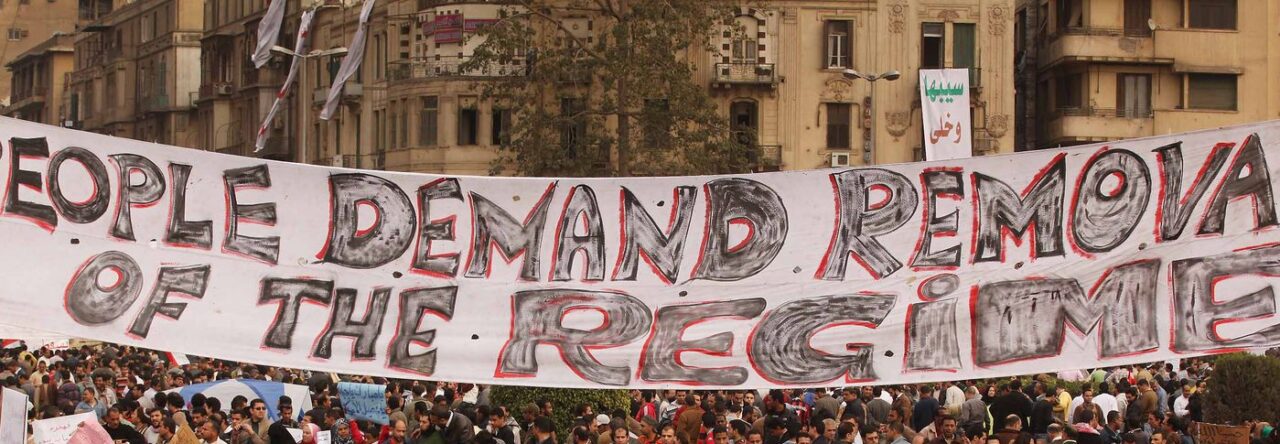“A Siege of Salt and Sand” is a documentary that plunges viewers into the harsh realities of Tunisia’s climate crisis. Through candid conversations with everyday individuals, farmers, and laborers, a personal portrayal of the challenges confronting those at the forefront of the environmental catastrophe is presented. It focuses on the micro-level repercussions of climate change, making the economic and environmental devastation feel pressing. It personalizes the issue by presenting real-life stories of the losses endured by these communities.
The narrative revolves around the struggles of Tunisia’s working class, spotlighting their battles with water scarcity, advancing sea levels, and unyielding desertification. In the northern regions, rising sea levels disrupt coastal businesses and undermine the livelihoods of local fishermen.
The encroaching sea is an existential danger. It erodes the shores, inch by inch, undermining the very foundations of these enterprises. It forces businesses to grapple with the reality of relocation and the potential loss of their economic lifelines. Down south, unremitting desertification and enduring drought have transformed previously fertile lands into arid wastelands. The productive soil now resists cultivation.
Further, this documentary avoids engaging in the rhetoric of the privileged and steadfastly refuses to sugarcoat the issue. Instead, it lays bare the corruption within the government and highlights the stark contrast between officials’ promises of climate solutions and on ground policy implementation. This incongruity fuels the frustration and indignation of those who bear the brunt of this crisis.
This documentary serves as a powerful reminder that the climate crisis is not an abstract concept but a very real and immediate threat to the lives and livelihoods of countless people. It doesn’t offer deceptive optimism, rather it accentuates the immediate necessity for action and ends on a note of hopeful determination, depicting the collective drive for change.

Ed Webb
Did this documentary affect how you think about or understand other course materials?
shahs
At the most basal level, I felt the documentary put faces to issues and situations which otherwise seem like abstractions. This humanisation of concepts and their consequences really made me look at the course material from a perspective that places me at the center of the people rather than looking upon them in a more minimised way.